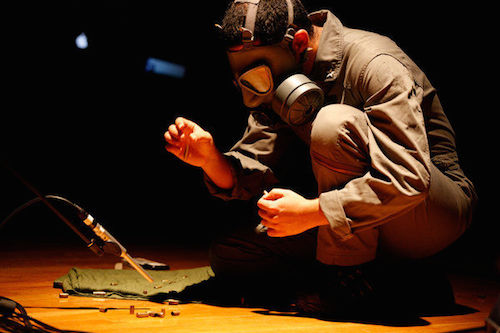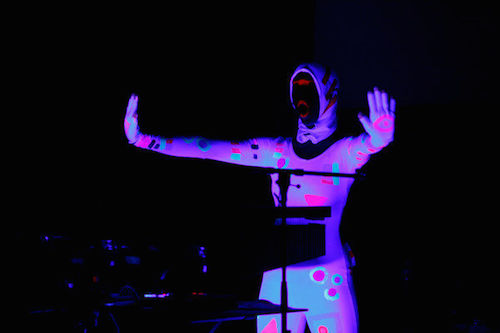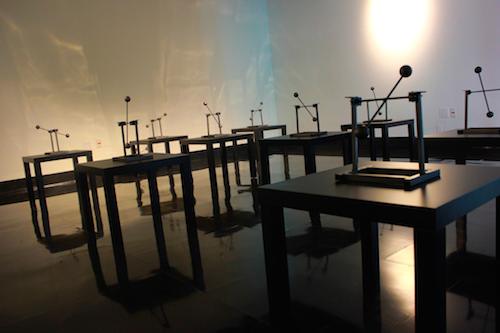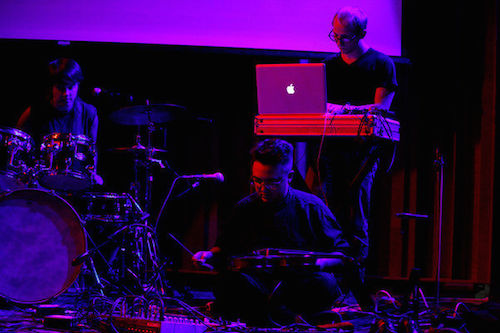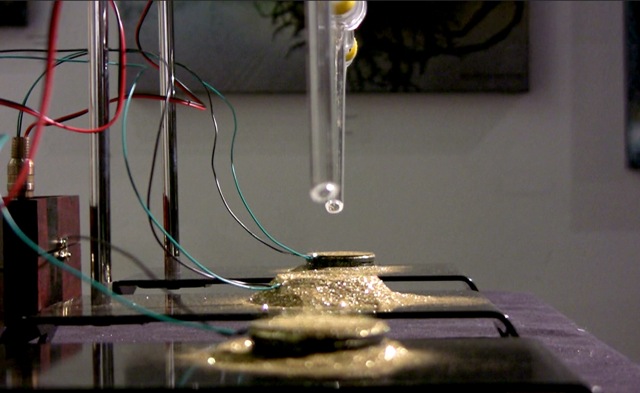The Experimental Sound Practices specialization was established for musicians, composers, and sound artists with a strong musical background who want to explore the more radical branches of contemporary sound.
Looking back over the last few years of ESP Night concert programs, we have seen circuit-bending, instrumental modifications and deconstructions, random sound-effects database surfing, field recordings paired with ionic filters, an amplified rake, terrain-to-sound mappings, typewriter plus string quartet, video game hacking, cracking, and downsmacking, live cooking (and eating), all mixed in with a healthy portion of electroacoustic improvisation and other digital musics.
PROGRAM CURRICULUM
Composition-Experimental Sound Practices is a two-year MFA program for sound artists, composers, and musicians with sonically creative backgrounds who want to explore the more radical branches of contemporary sound.
-
REQUIREMENTS FOR THE SPECIALIZATION
- MLSN601 Composition Hour Lesson as assigned (4 classes)
- MFOR501/508 Graduate Composers’ or ESP Forum (4 classes in total)
- Composition courses with the prefix MCMP totaling at least 6 units
- Courses in music technology, theory, history, pedagogy, performance or world music (non-MCMP music courses, at least 10 units)
- Courses outside the School of Music (2 classes)
- MBLExxx World Music Ensemble (in MFA1)
- Wintersession (2 units of coursework with subject code MITM, taken in January)
- MCMP690 Graduation Portfolio Review
- Electives (to fulfill 60-unit degree requirement)
